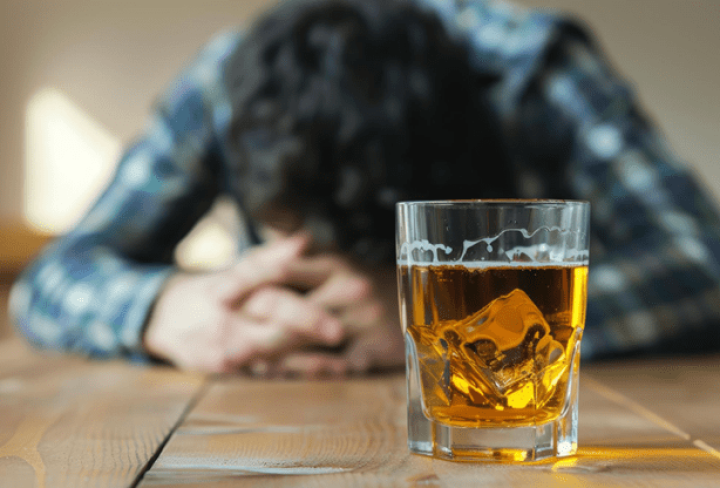Alcohol addiction, or alcoholism, is a powerful and often overwhelming condition that affects millions worldwide. It’s not just about drinking too much; it’s a chronic disease that alters brain chemistry and behaviour, making it incredibly challenging to overcome. However, understanding this condition and the path to recovery can make a significant difference.
What is Alcohol Addiction?
Alcohol addiction is characterized by an inability to control drinking, an intense craving for alcohol, and continued use despite negative consequences. It can lead to physical dependence, where the body adapts to alcohol and requires it to function normally. This dependency can result in withdrawal symptoms when alcohol use is reduced or stopped.
Recognizing the Signs
Identifying alcohol addiction can be tricky, as it often develops gradually. Here are some common signs:
- Increased Tolerance: Needing to drink more to achieve the same effects.
- Withdrawal Symptoms: Experiencing nausea, shaking, or sweating when not drinking.
- Neglecting Responsibilities: Failing to meet work, family, or social obligations due to drinking.
- Failed Attempts to Cut Back: Repeatedly trying to reduce alcohol consumption without success.
If you or a loved one is showing these signs, remember that seeking help is not a sign of weakness, but a courageous step towards a healthier future. Early intervention can prevent the condition from worsening and significantly improve the chances of recovery.
Causes and Risk Factors
Alcohol addiction arises from a complex interplay of genetic, psychological, and environmental factors:
- Genetics: A family history of alcoholism can increase risk.
- Psychological Factors: Stress, trauma, and mental health disorders can contribute.
- Environment: Social circles and cultural norms around drinking can play a role.
Understanding these factors can help in tailoring an effective treatment plan and addressing the root causes of addiction.
Pathways to Recovery
Recovery from alcohol addiction is a journey, not a destination. It involves several key steps:
- Acknowledgement and Assessment: Recognizing the problem and seeking a professional assessment is the first step.
- Detoxification: Under medical supervision, detox helps the body rid itself of alcohol and manage withdrawal symptoms.
- Therapy and Counseling: Individual or group therapy, such as cognitive-behavioral therapy (CBT), can help address the psychological aspects of addiction and develop healthier coping strategies.
- Support Groups: Joining support groups like Alcoholics Anonymous (AA) provides community support and shared experiences.
- Lifestyle Changes: Adopting healthier habits and avoiding triggers can support long-term recovery.
The Road Ahead
Recovery from alcohol addiction is a lifelong commitment. It requires ongoing support, self-care, and resilience. Embracing a healthier lifestyle and staying connected with support networks, such as family, friends, and support groups, can lead to a fulfilling life free from addiction.
Seeking Help
If you or someone you know is struggling with alcohol addiction, don’t hesitate to seek professional help. There are numerous resources available, including counselling services, rehabilitation centres, and support groups, all designed to guide individuals through the recovery process.
Remember, overcoming alcohol addiction is not only possible, but it’s also a journey that many have successfully navigated. With the right support and determination, you too can find your way to a healthier, happier life. If you need help or know someone who does, reach out today and start the journey to recovery.

